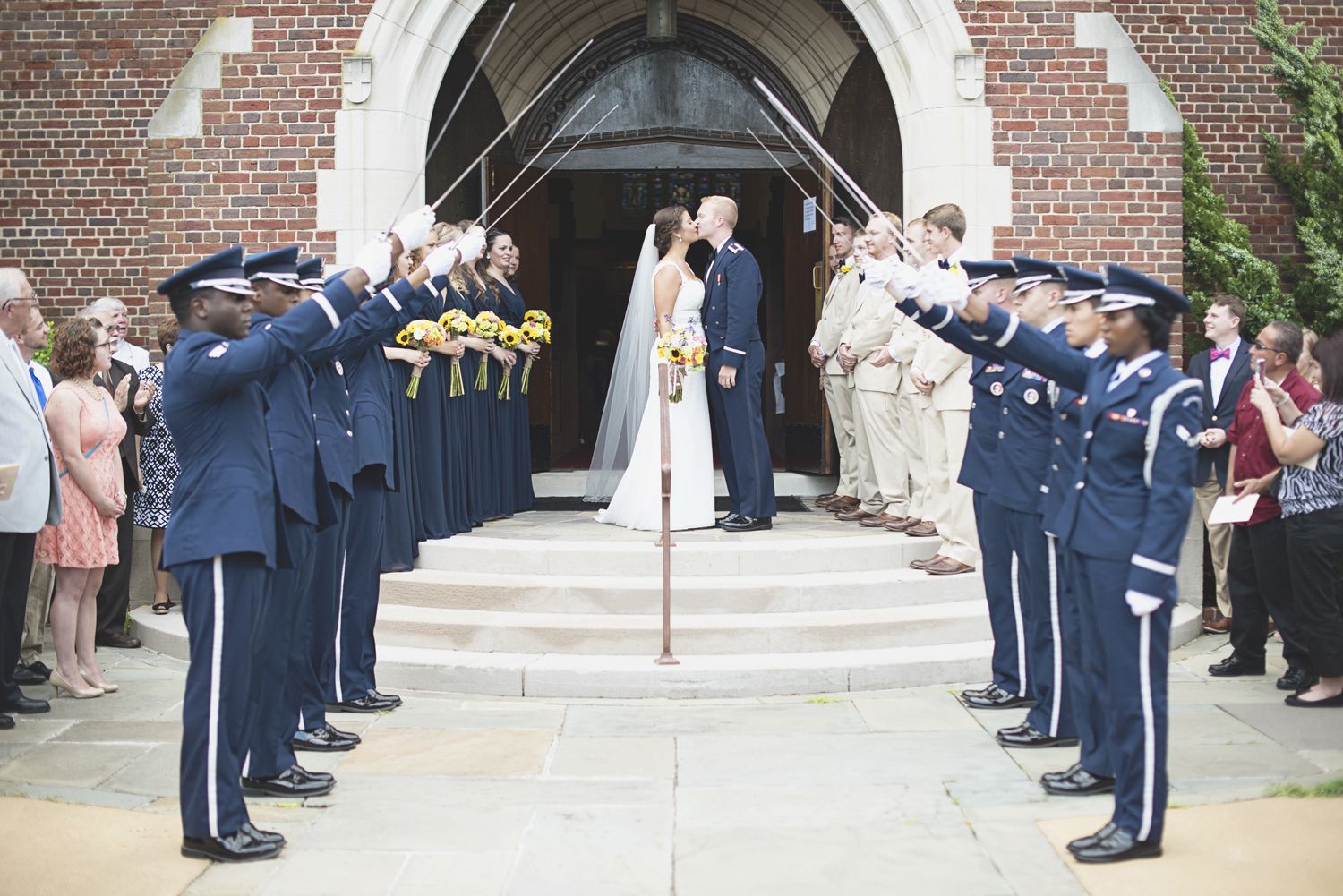
Benefits: Credit Card Benefits for US Military & Spouses
There are many bonuses and perks offered by credit card issuers to active duty military members. Some credit cards for active duty soldiers, sailors, airmen, and Marines waive annual fees, cap interest rates, and/or offer money back for purchases up to a certain amount. You may find some credit card companies offer these on a…









